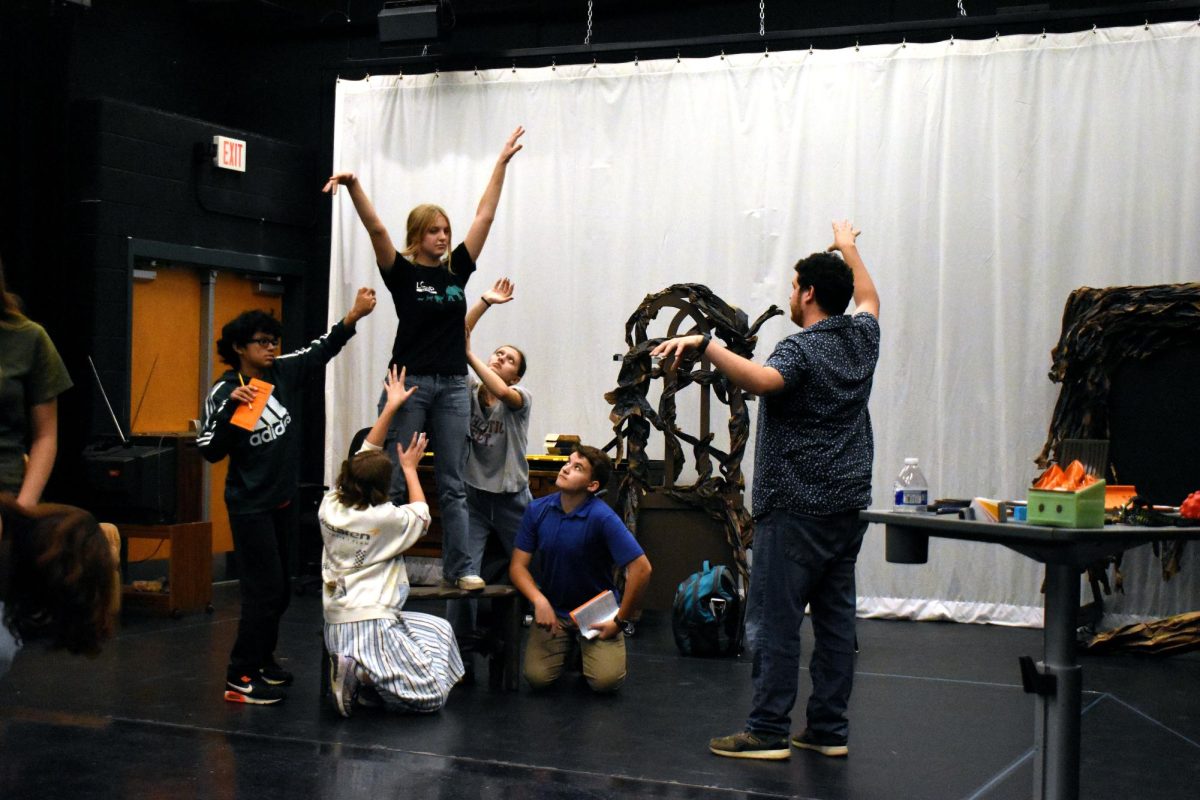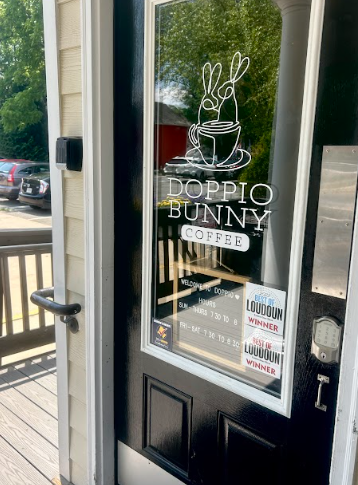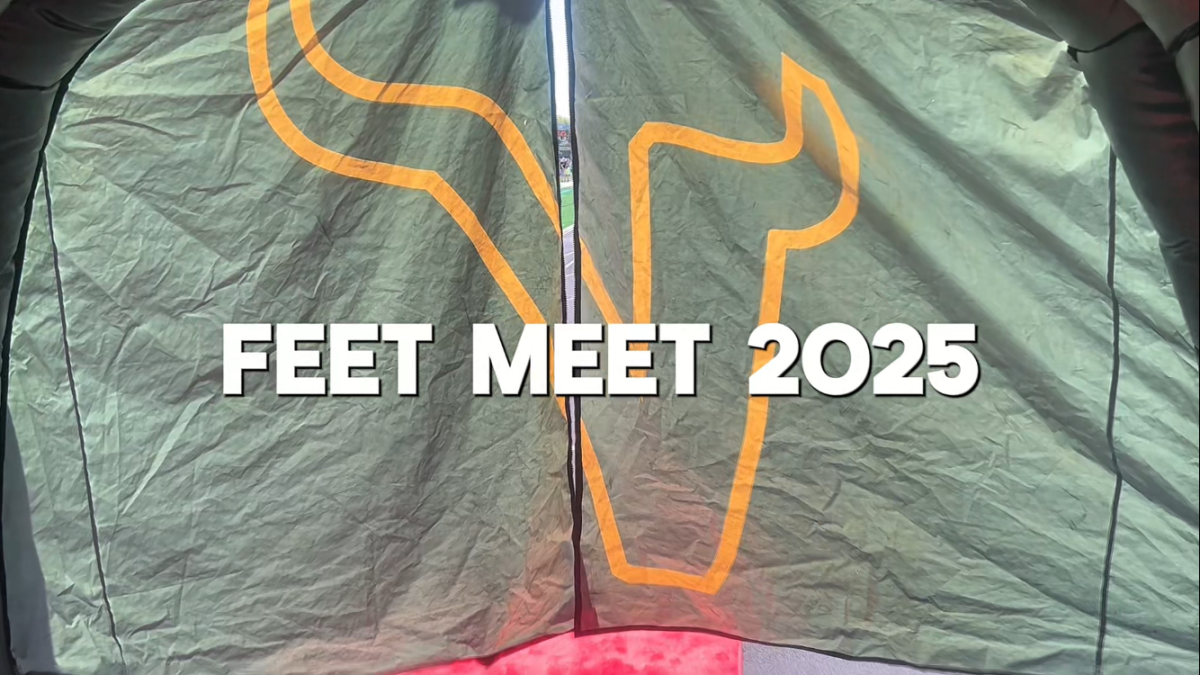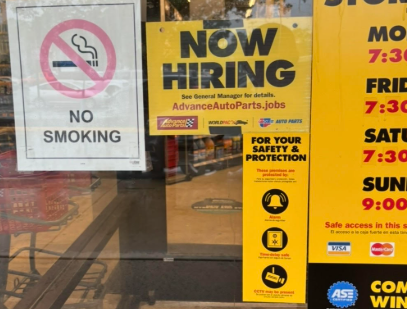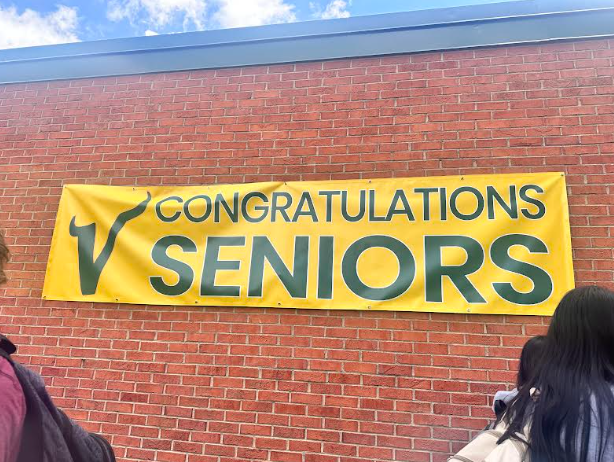There seems to be two over-looming fields of study, both of which are at constant odds with one another. Through never-ending conversations and debates about which is more difficult, or which contributes more to society, leaving no concrete answer in sight.
The two fields are the science-oriented STEM careers, and Humanities: a variety of fields dedicated to studying the human condition and expression.
The more common belief is that STEM careers are more difficult than the latter due to the level of detail one must comprehend and apply.
Heather Olis, an English teacher who also has a passion for life sciences such as biology, breaks down why most view STEM careers to contribute more to society than humanities.
“Because of the way our society operates and what we value, people tend to find STEM a more useful pathway to pursue. And because of STEM’s intricacies, people deem it the more challenging area of study,” Olis said.
Junior Tori Filbey, interested in veterinary sciences with her favorite class being AP/DE Bio, believes this level of difficulty is entirely subjective.
“STEM has a lot of rules to follow, so someone could find it difficult and really boring, but I feel it depends on the person. It’s easy and fun for me to do, but if you put me in an art class and ask me to draw or make anything, I am going to have a lot of trouble with it,” Filbey said.
Sophomore Norah McCormick, an AOS student at the Academies of Loudoun with a passion for creative writing and character art, finds that leading a successful career in the humanities to be its own challenge, one that STEM careers don’t necessarily entail.
“Though the sciences may be more taxing due to its logical focus, careers in the humanities are more strenuous to sustain due to a lack of demand, not to mention intense competition and the constant threat of corporate greed.”
Although finding her STEM classes to be more academically challenging due to the lack of creative interpretations, McCormick sees how this can also pose challenges on the flip side, specifically within her parents’ musical careers.
“As the daughter of two professional musicians, finding a career in something where one cannot necessarily be better, or more objectively correct in, is frustrating and taxing beyond what might ever be experienced by logic-based studies.”
Moreover, McCormick believes that acknowledging all the technological and scientific advancements from STEM fields should never come with the dismissal of all the advancements that humanities offers us.
“Without emotion and expression, advancement is meaningless. Both artists and scientists must exist to create a society worth remembering,” she said.
One of the many reasons people go down the STEM pathway is due to the high pay, which can often override one’s own creative passions. With some of the highest paying fields being medicine and engineering, this leaves the question of whether or not this is fair, or if other careers should earn the same.
Filbey believes that the high salaries in these fields, specifically in medicine, are well deserved due to the intense rigor.
“At least for the medical profession, you have to go through college, medical school, then residency, which is a good 20 years of someone’s life. I feel that the payoff is really worth it for those careers.”
McCormick believes that the high pay for STEM careers, unlike many careers in humanities, is because the value of scientific contributions are easily observed in plain sight. With the arts, for example, the value of the products are entirely subjective.
“An artist or musician may be considered brilliant to some, but may be repulsive to others,” she said. “The impact of their work completely varies, often leaving no physical evidence or necessity to pay these careers highly.”
It is true that both fields offer different aspects towards human advancements and prosperity, but whether or not they are of equal value remains disputed.
“I would say STEM contributes more because it is what can further modernize our society with our industry and economy,” junior Keira Thompson said.
Thompson envisions the future coming with major technological, scientific, and industrial advancements, such advancements that are mainly possible through breakthroughs in STEM careers.
“STEM may be where a lot of our current focus and therefore where our progress has been most noticeable, but the humanities provide a foundation of critical thinking and understanding that fosters deeper connectivity and passion,” Olis said.
With the disputes of which field is more important or which contributes more being a constant discussion, with no end in sight, could it be possible that this conversation is entirely unnecessary to begin with?
“Without artists, there are no people worth saving. Without scientists, there is no saving people.” McCormick said.
“Why are these warring concepts? When we lose sight of one, we risk toppling the entire tower of human society,” she continued.


